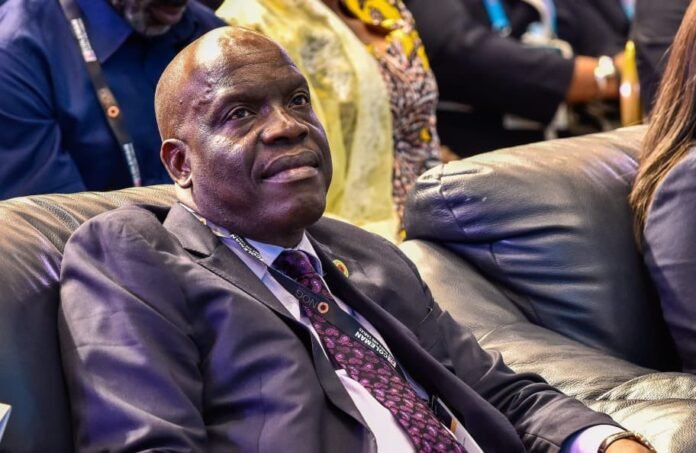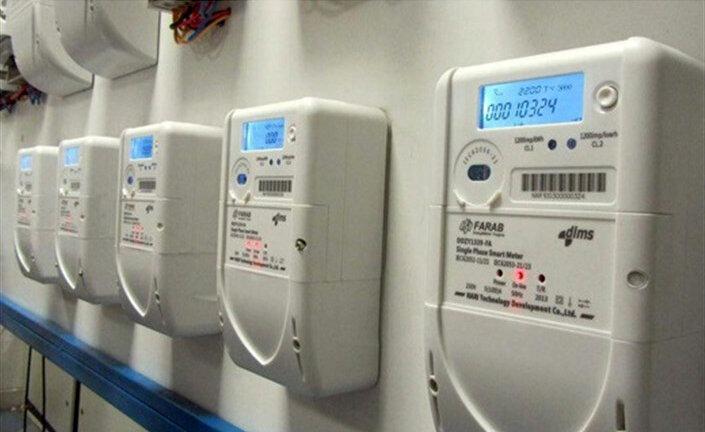The Nigerian Upstream Petroleum Regulatory Commission (NUPRC) has announced a significant leap in revenue for 2024, reaching ₦12.2 trillion—an increase of 176.7% from the previous year.
The figure represents a major boost from ₦4.3 trillion in 2023, as contained in the commission’s latest annual report. Internally Generated Revenue (IGR) stood at ₦1.6 trillion, while the Cost of Revenue Collection rose to ₦271 billion.
According to the report, personnel cost consumed ₦63.2 billion or 33.1% of spending. Overhead took ₦85.8 billion (44.9%) and capital cost was ₦41.9 billion (21.9%).
Environmental and Gas Delivery Concerns Mount
The commission also disclosed that 732 environmental incidents were recorded in 2024. These ranged from sabotage, corrosion, blowouts, operational errors, to pipeline vandalism—highlighting persistent safety and security lapses in the upstream sector.
In terms of gas performance, only 77% of the Domestic Gas Delivery Obligation (DGDO) was met. The report identified obstacles such as “inadequate in-country gas infrastructure, unreliable offtakers, gas inventory problems, power grid constraints, and security threats.”
Local producers reportedly submitted letters citing challenges in meeting their domestic crude supply obligations. These letters either sought waivers or gave reasons for shortfalls in supply.
Refinery Crisis and Stakeholder Friction
Despite Nigeria’s vast oil reserves, a reliable flow of crude to local refineries remains elusive. Years of neglect have left government refineries in Port Harcourt, Warri, and Kaduna running far below capacity.
Add to that the sabotage of vital pipelines and insecurity in the Niger Delta, and the picture becomes clearer. The nation’s refining ambitions are facing strong headwinds.
“The commission received several pushbacks from IPPG, OPTS, and some producers,” the report stated, “either requesting for waivers or explaining their inability to meet the allocated volumes.”
To tackle the crisis, the NUPRC established a working committee involving stakeholders such as OPTS, IPPG, and CORAN to implement the Domestic Crude Supply Obligations (DCSO) policy.
However, there are still some problems. Refiners were recently barred from attending the monthly Production Curtailment Meetings (PCM) after upstream producers reportedly objected to their presence. A letter was sent to refiners informing them of the suspension.
Despite the hurdles, the NUPRC insists it continues to support local refineries and will maintain transparency by “publishing relevant data on its website.”
Rate, Like 👍, Comment💬, share this article, Follow us on our social media handles, and Submit your own story to get featured and earn rewards!








